Articles

First episode of our new podcast now online!
The De:link//Re:link podcast explores the backgrounds of our researchers: How did they choose their themes? What drives their work? Which challenges have they experienced? In the first episode, we chat to Conrad Schetter.
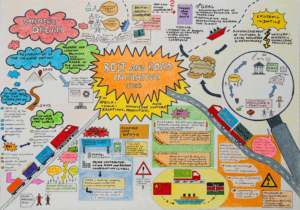
Audio Feature: Linda Ammann on Graphic Recording
Complex ideas are sometimes better communicated visually. In this podcast, Linda Ammann describes how she employed graphic recording to describe and connect elements of her research.
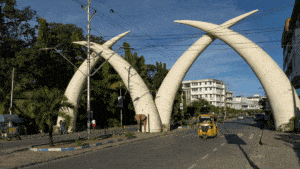
Shifting Tracks: Life After the BRI Railway Project in Mombasa, Kenya
In 2017, Kenya’s Standard Gauge Railway (SGR) – a flagship project of China’s Belt and Road Initiative – was unveiled as a symbol of national progress. How has this affected the lives of ordinary people in Mombasa?
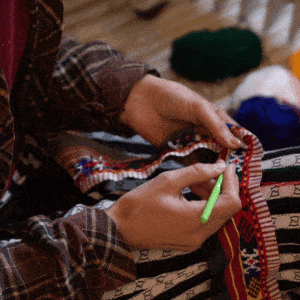
New Publication: Pamiri Lifeworlds
We’re proud to announce that Fiona Katherine Naeem has now published her PhD dissertation “Pamiri Lifeworlds: Narratives of Rupture in Gorno-Badakhshon Autonomous Oblast, Tajikistan”.
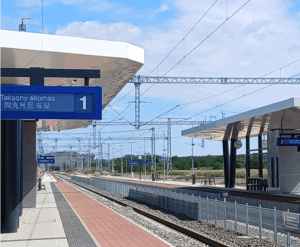
New Article: Collision, Competition or Cooperation? China’s BRI and the EU’s Development Policies Towards Eastern Europe
Does China’s growing role in Eastern Europe challenge the EU’s approach to promoting development in the region? Tanja Börzel, Julia Langbein, Lunting Wu & Valentin Krüsmann explore this question in their open-access article.
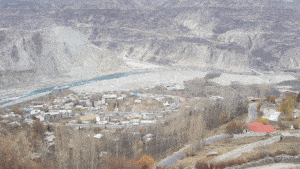
New Article: Land Reforms in Gilgit-Baltistan
Nadia Ali’s text explores how infrastructural expansion under the China–Pakistan Economic Corridor (CPEC), alongside growing state and private interests in tourism and mineral extraction, has altered the region of Gilgit-Baltistan.
